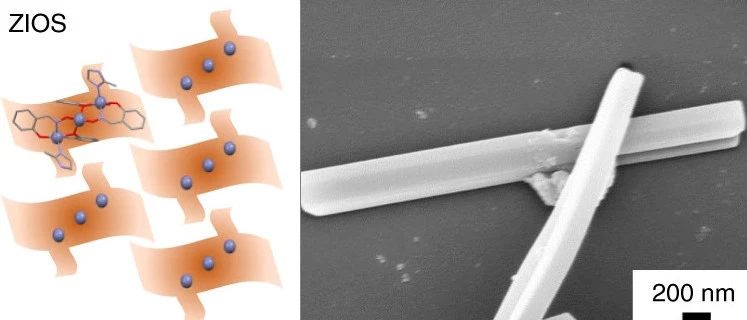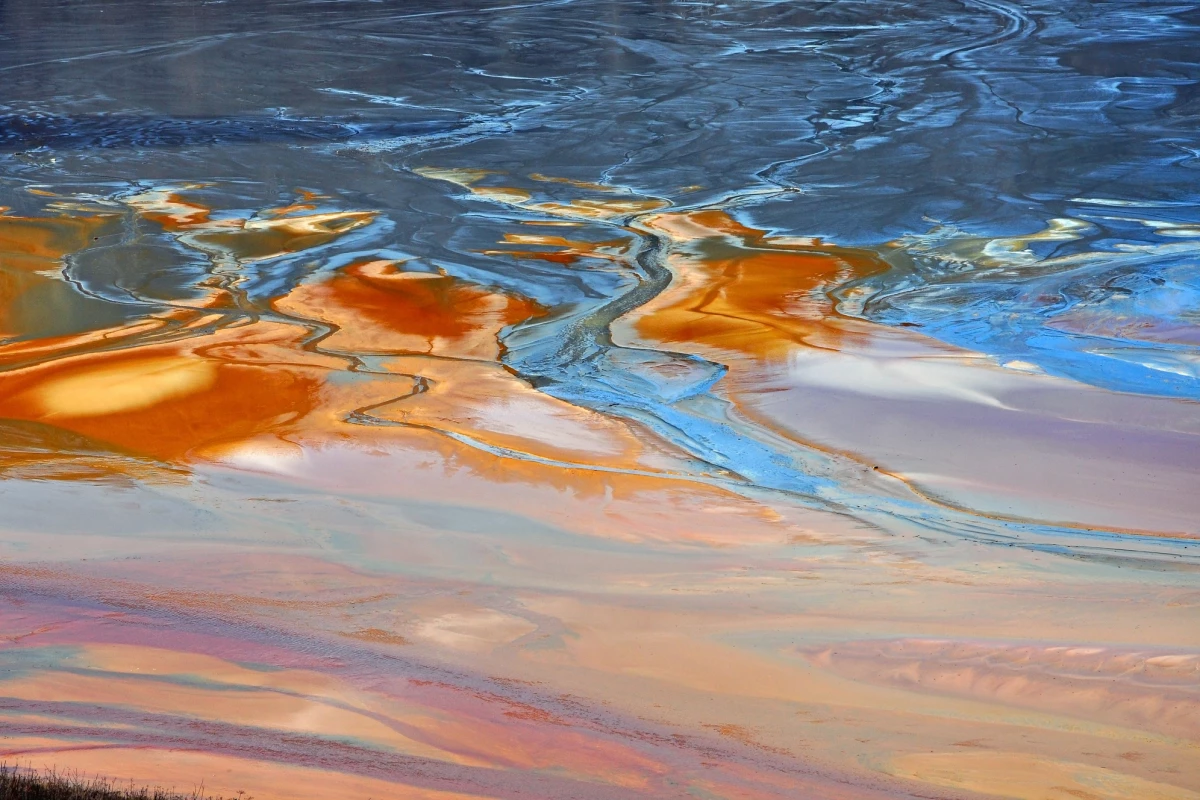Treating wastewater to cleanse it of contaminants like heavy metals is a complex task, and one that often involves a slow-going, scattergun approach. Scientists at the Department of Energy’s Lawrence Berkeley National Laboratory have now produced a material they say can selectively capture specific heavy metals, and do so with unmatched speed and precision down to the atomic level.
“Today’s water treatment systems are ‘bulk separation technologies’ – they pull out all solutes, irrespective of their hazard or value,” says co-author of the new research, Peter Fiske. “Highly selective, durable materials that can capture specific trace constituents without becoming loaded down with other solutes, or falling apart with time, will be critically important in lowering the cost and energy of water treatment. They may also enable us to ‘mine’ wastewater for valuable metals or other trace constituents.”
The researchers have developed one of these highly selective, durable materials in what they've dubbed ZIOS (zinc imidazole salicylaldoxime). Likened to a sponge, the crystal lattice structure material is inspired by the ability of bacterial cells to select certain metals to help regulate their metabolism.
ZIOS features tiny channels around the same size as a water molecule, which expand when the material is immersed in water. The widening of these channels enables water molecules to flow freely through the structure, where a chemical reaction takes place that binds the material with any copper ions that happen to be in the liquid.

Using X-ray experiments, the team found that the material is highly selective when binding to copper ions in water with pH levels similar to that found in mining wastewater, and does so with unprecedented efficiency.
“ZIOS has a high adsorption capacity and the fastest copper adsorption kinetics of any material known so far – all in one,” said senior author Jeff Urban.
The researchers say ZIOS can selectively captured copper ions at 30 to 50 times the speed of current state-of-the-art solutions, and that it remains highly stable in water for up to 52 days. Once it is removed from the water, it goes from its expanded form to its original size in just one nanosecond, or a billionth of a second.
The team describes ZIOS as a kind of blueprint for wastewater treatment, in that it is the first technology that can remove specific heavy metal ions with atomic-level precision. From here, the researchers hope to adapt the technology to specifically target other contaminants.
“In water science and the water industry, numerous families of materials have been designed for decontaminating wastewater, but few are designed for heavy metal removal from acidic mine drainage," says Urban. "We hope that ZIOS can help to change that."
The research was published in the journal Nature Communications.




